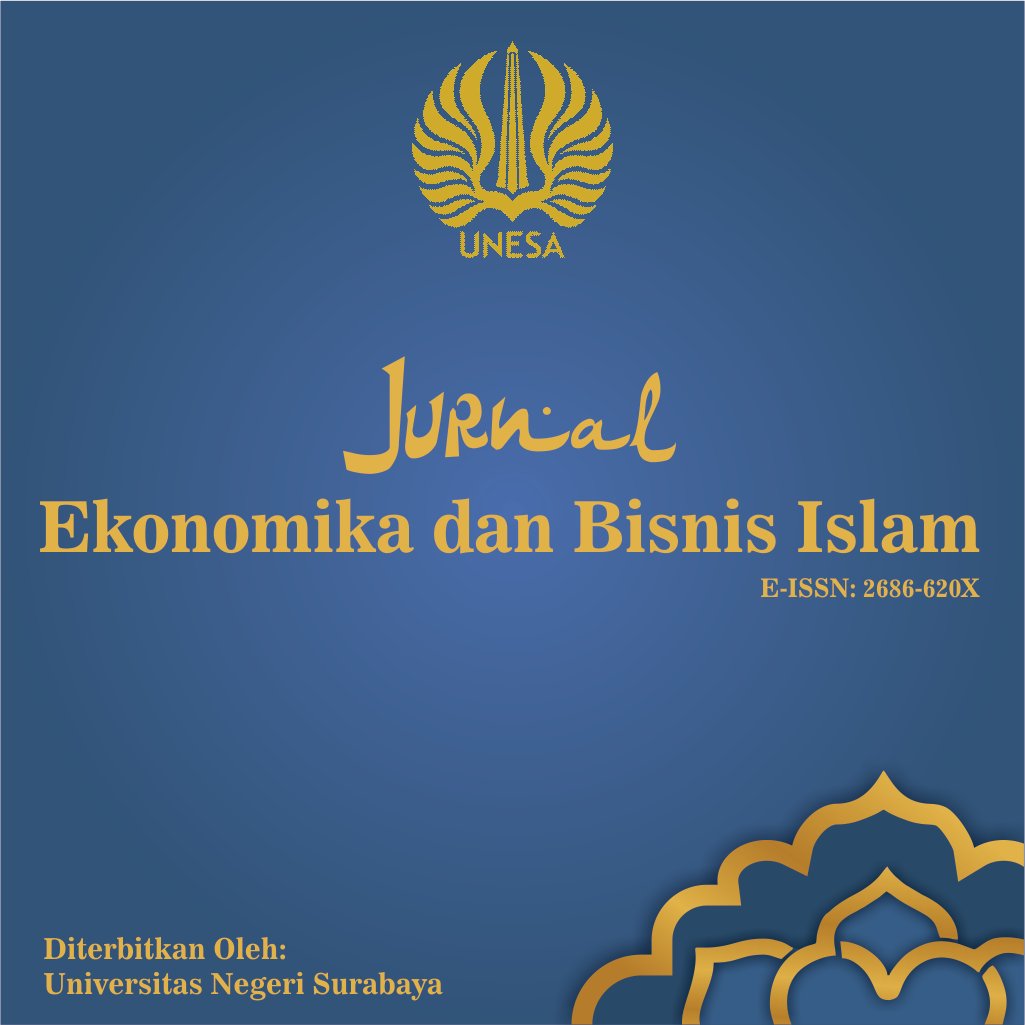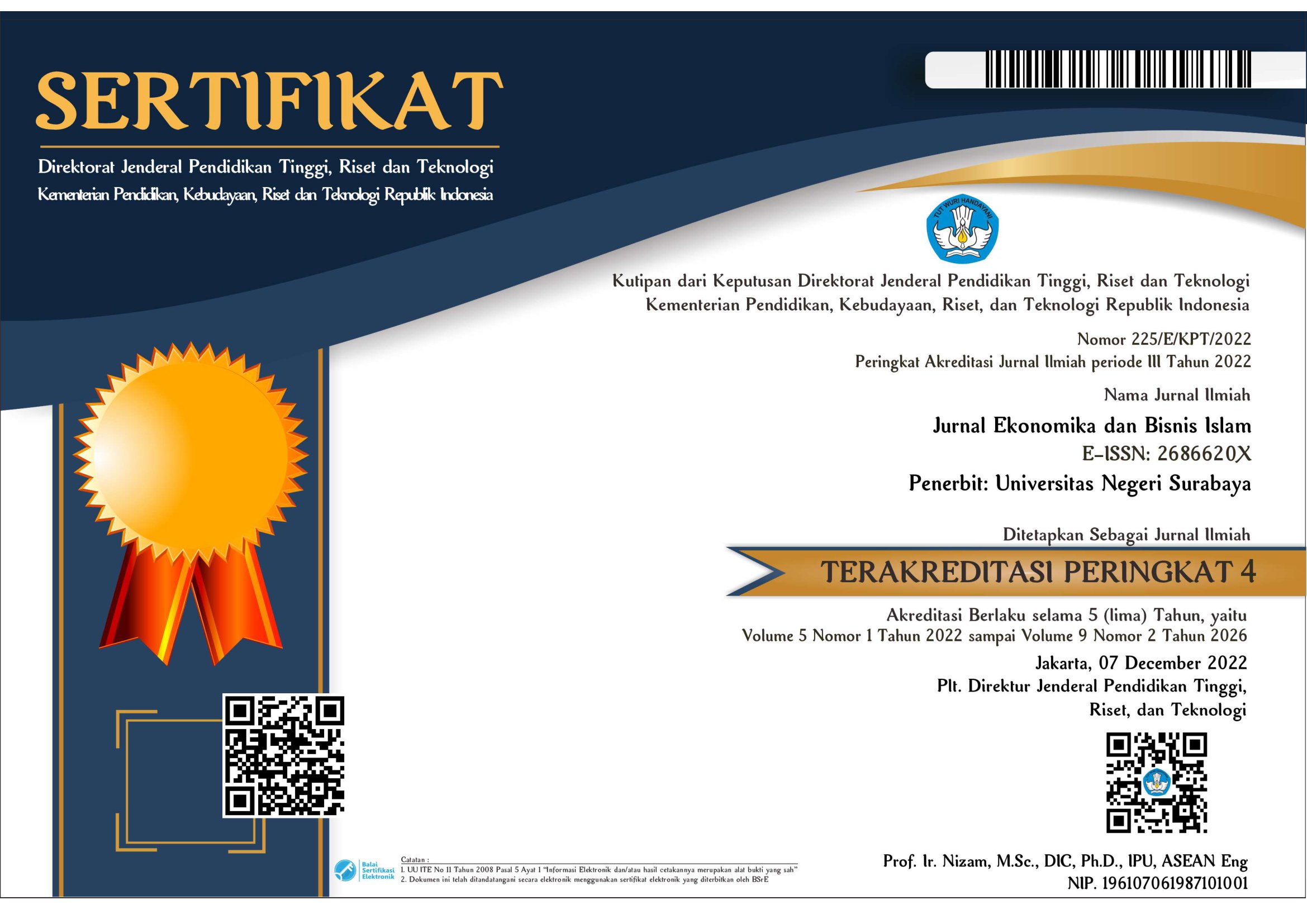Pengaruh Penggunaan Uang Elektronik (E-Money) Berbasis Server Sebagai Alat Transaksi terhadap Penciptaan Gerakan Less Cash Society Pada Generasi Milenial di Surabaya
DOI:
https://doi.org/10.26740/jekobi.v4n1.p196-206Keywords:
payment instrument, electronic money, millenials, cashless societyAbstract
The increasing development of financial technology has led to change in the payment instrument in society, for example, the use of cash to electronic money (e-money) in a daily transaction. One of the users of e-money is Millenials. Millennials are the main actor of technological sophistication in which they will be treated to various convenience and practicality in making a transaction in their economic activity. Therefore, it is possible to increase the use of e-money in a transaction. If there is an increment in the use of e-money, it can indicate the new creation of a social phenomenon in society namely a cashless society. A cashless society consists of people who tend to be minimal in using cash and they are more likely to use electronic payment in a transaction. This research aims to determine the effect of the independent variable use of electronic money (e-money) on the dependent variable of the cashless society movement in the Millennials in Surabaya. The method used in this research is quantitative by using a likert scale measuring instrument and a simple linear regression analysis technique in software named SPSS 24. The result shows that the variable use of electronic money has a positive and significant effect on the cashless society movement.
References
Downloads
Additional Files
Published
How to Cite
Issue
Section
License
This work is licensed under a Creative Commons Attribution 4.0 International License.
 Abstract views: 4269
,
Abstract views: 4269
, PDF Downloads: 7096
,
PDF Downloads: 7096
, PDF Downloads: 0
,
PDF Downloads: 0
, PDF Downloads: 0
,
PDF Downloads: 0
, PDF Downloads: 0
,
PDF Downloads: 0
, PDF Downloads: 0
,
PDF Downloads: 0
, PDF Downloads: 0
,
PDF Downloads: 0
, PDF Downloads: 0
PDF Downloads: 0














